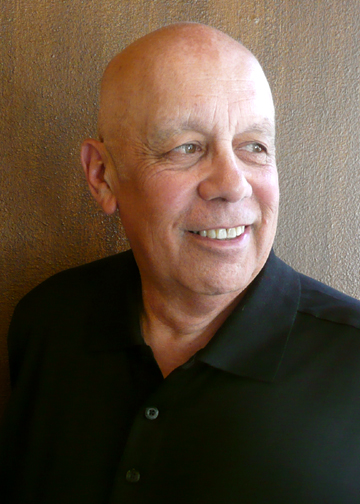Aaduna: In the Spirit of the Harlem Renaissance
Bill Berry, Jr. founded aaduna, Inc. in 2010 and published the inaugural issue of aaduna in February 2011. Committed to providing a publication platform for people of color—people who have been traditionally denied access to publication platforms, and others who seek a different plateau for creative shifts not generally associated with their previous work—aaduna is currently read in eighty-three countries. Berry publishes aaduna along with Lisa Brennan, visual arts editor; Pam Havens and Rosemarie Blake, fiction editors; Timothy Ogene, poetry editor; and Ketih Leonard, submissions manager. There is info staff and they enjoy anonymity.
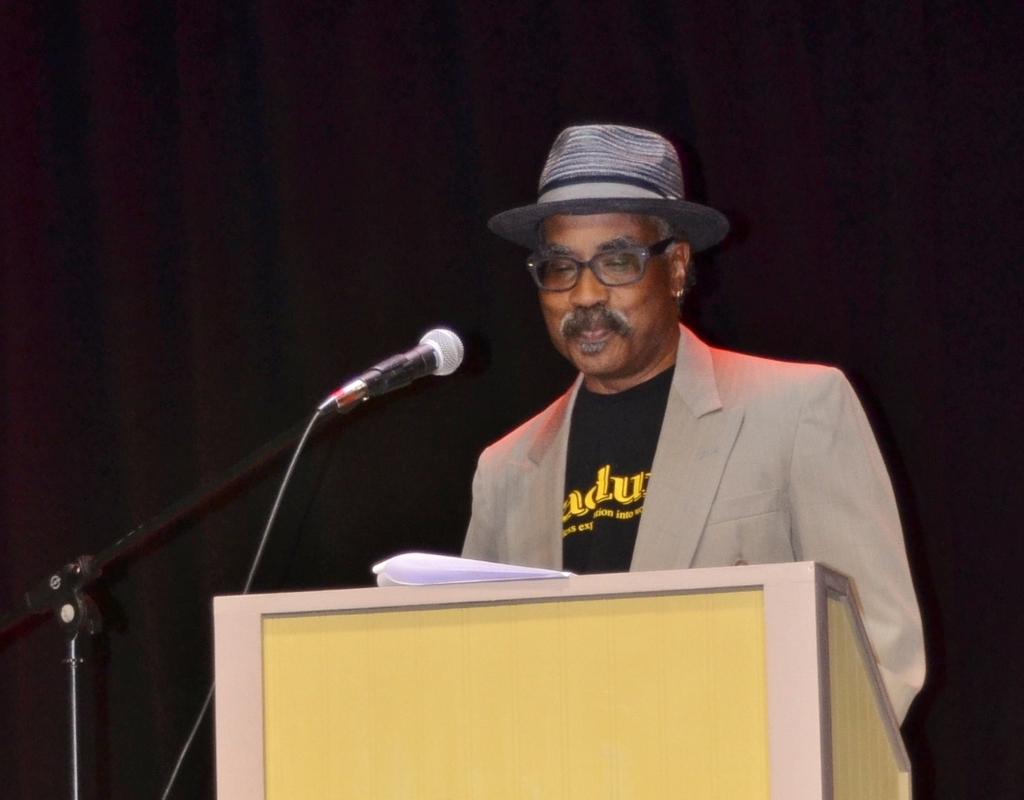
Auburn, nestled in rural and agricultural Cayuga County, and listed by NerdWallet as the best small city in New York State and the fourteenth best small city in the United States to live in, has a vibrant cultural identity. While diversity and multiculturalism are generally associated with larger cities and remain an elusive characteristic for Auburnians, aaduna, Inc. is changing that scenario on an annual basis through aaduna, its online literary and visual arts journal. To further its diversity initiative, a yearly literary fundraiser is convened to celebrate the spirit of the Harlem Renaissance and the racial, social, and artistic interactions between artists and their diverse supporters—an integral component of the Renaissance’s vibrant cultural exchange and camaraderie.
With the support of Poets & Writers and the New York State Council on the Arts, the May 28, 2015 affair, “In the Spirit of the Harlem Renaissance… Revisited, 2015,” brought downtown to uptown or more specifically, downstate to upstate. Aaduna contributors Cyd Charisse Fulton, Raymond Nat Turner, Dr. Kevin Jenkins, and Catherine C. Poku, all New York City-based poets and writers, traveled to the Finger Lakes region. They joined Auburn contributors Bobbie Dumas Panek, special guests Howard Nelson and Heidi Nightengale along with Rochester-based spoken word performance artist, poet, novelist and aaduna contributor Tearzs in an evening of readings that exposed an audience of more than eighty people to a wide range of poetic magic and diverse themes. Prior to the evening event, Raymond Nat Turner conducted a poetry workshop at Auburn High School hosted by aaduna, Inc., Harriet Tubman Boosters, and the Booker T. Washington Community Center, and funded by Poets & Writers.
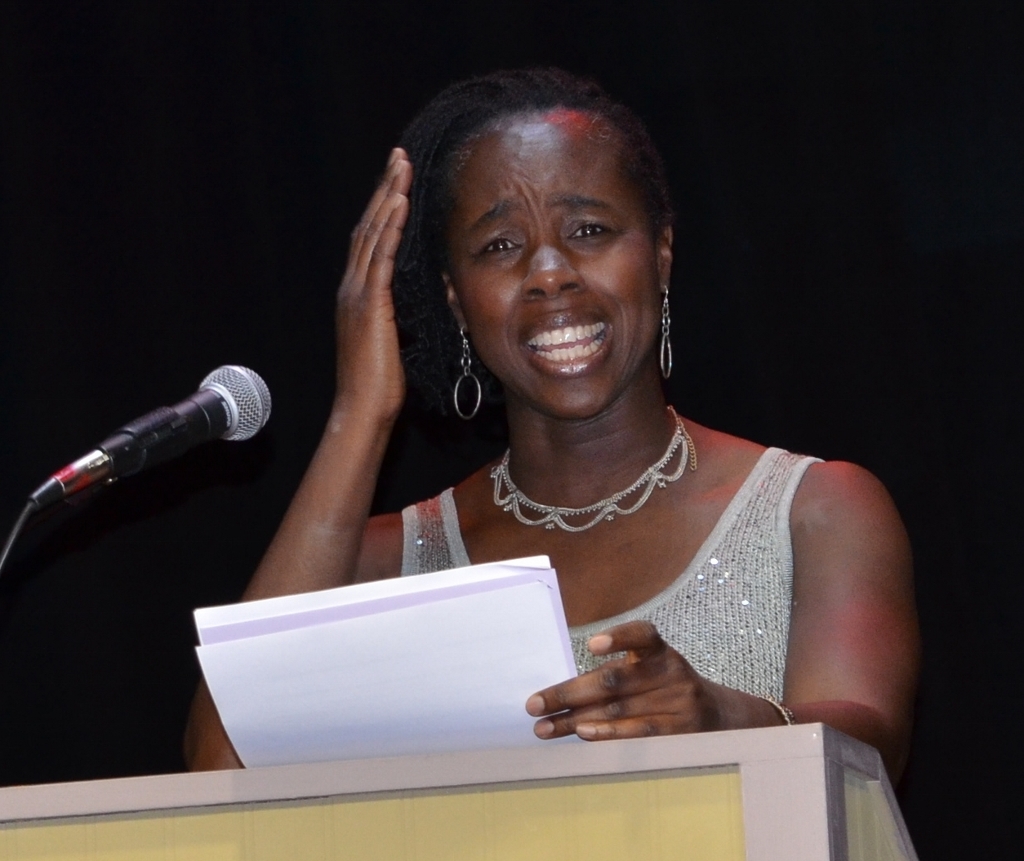 The Thursday evening event (which recognized that “back in that era” Thursdays were the day off for domestics who used the day to socialize and party) was filled with words that articulated stories and explored experiences that extolled James Brown, jazz syncopations through the diaspora, raising chickens, urban reflections, multi-racial upbringing, intimate reflections on life, Sly Stone, and love. Readers delivered their work in two rounds, and welcomed the guests when the doors opened and interacted with them during an extended intermission, a central component of this affair—the ability for the artists and guests to lessen the “divide” that often separates creative people from the public. The intermission was “the party within the party.” With a backdrop of jazz and contemporary tunes, pianist Andy Rudy set the ambiance complemented by a slide show that presented the artists, performances, and multi-racial social scenes generally associated with the Harlem Renaissance.
The Thursday evening event (which recognized that “back in that era” Thursdays were the day off for domestics who used the day to socialize and party) was filled with words that articulated stories and explored experiences that extolled James Brown, jazz syncopations through the diaspora, raising chickens, urban reflections, multi-racial upbringing, intimate reflections on life, Sly Stone, and love. Readers delivered their work in two rounds, and welcomed the guests when the doors opened and interacted with them during an extended intermission, a central component of this affair—the ability for the artists and guests to lessen the “divide” that often separates creative people from the public. The intermission was “the party within the party.” With a backdrop of jazz and contemporary tunes, pianist Andy Rudy set the ambiance complemented by a slide show that presented the artists, performances, and multi-racial social scenes generally associated with the Harlem Renaissance.
The event took place at Theater Mack, a sixty-five-seat performance space operating under the auspices of the Cayuga Museum of History and Art. Artists filled open space with colorful artwork that added another layer to the festivities. After two and a half hours, guests and readers left the venue feeling empowered, energized, and eager for 2016.
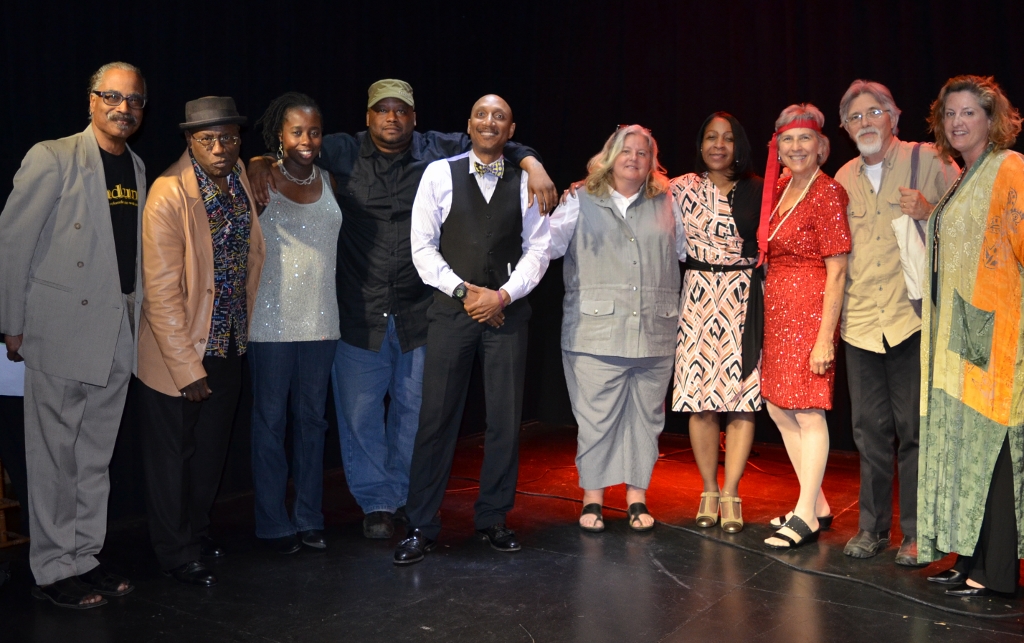
Photos: Bill Berry, Jr. (top), Catherine C. Poku (middle), Bill Berry, Jr., Raymond Nat Turner, Catherine C. Poku, Tearz, Dr. Kevin Jenkins, Heidi Nightengale, Cyd Charisse Fulton, Bobbie Dumas Panek, Howard Nelson, Lisa A. Brennan (bottom)
Photo Credit: Lisa A. Brennan
Support for Readings & Workshops in New York is provided, in part, by public funds from the New York State Council on the Arts, with additional support from the Friends of Poets & Writers.





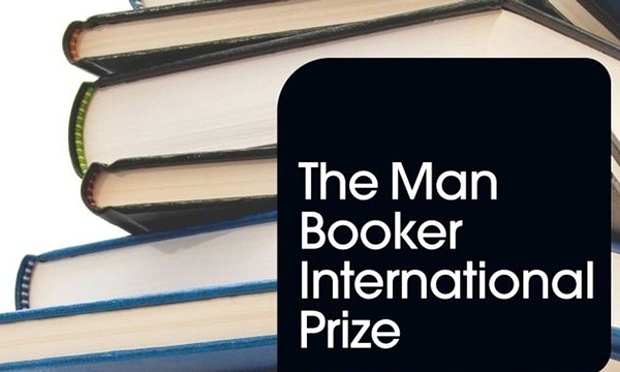 Established in 2005, the Man Booker International Prize has until now awarded one prize of £60,000 biennially to “a living author for a body of work representing an achievement in fiction on the world stage.” Hungarian writer László Krasznahorkai won the prize in 2015. The annual
Established in 2005, the Man Booker International Prize has until now awarded one prize of £60,000 biennially to “a living author for a body of work representing an achievement in fiction on the world stage.” Hungarian writer László Krasznahorkai won the prize in 2015. The annual  Tell us a little bit about yourself.
Tell us a little bit about yourself.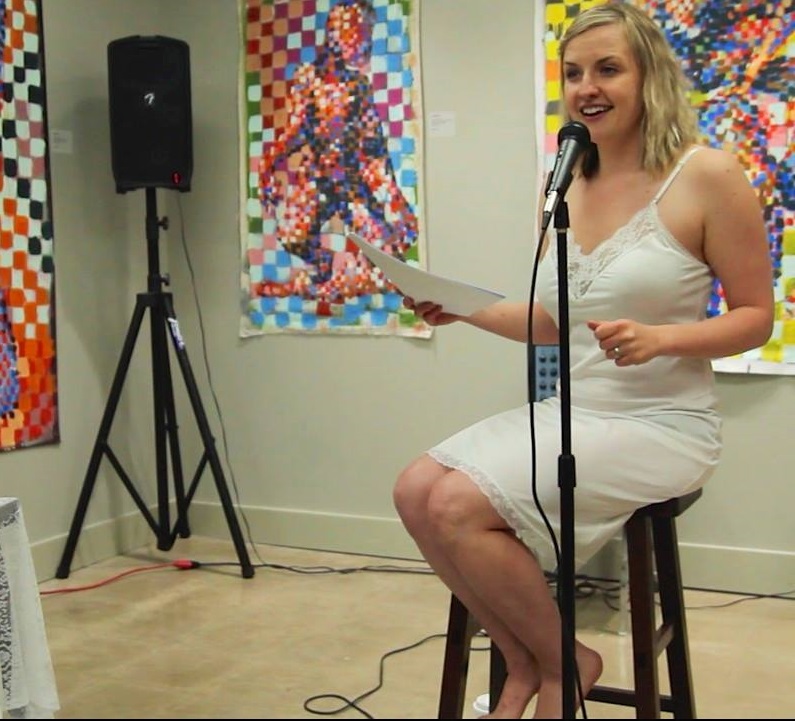
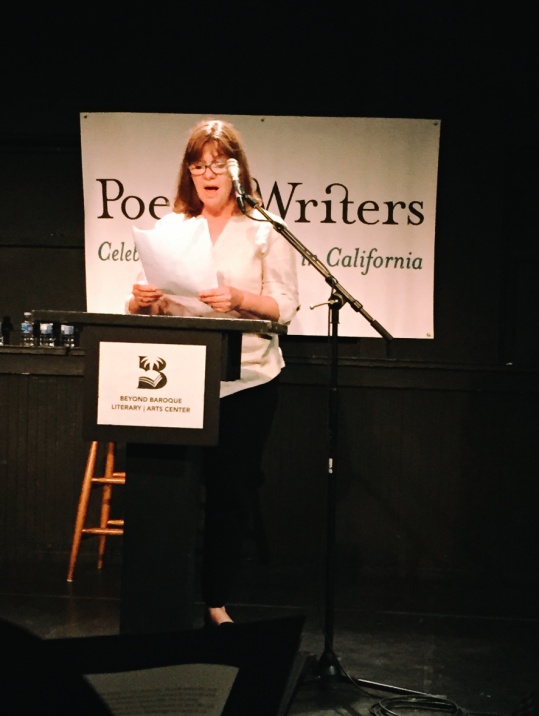
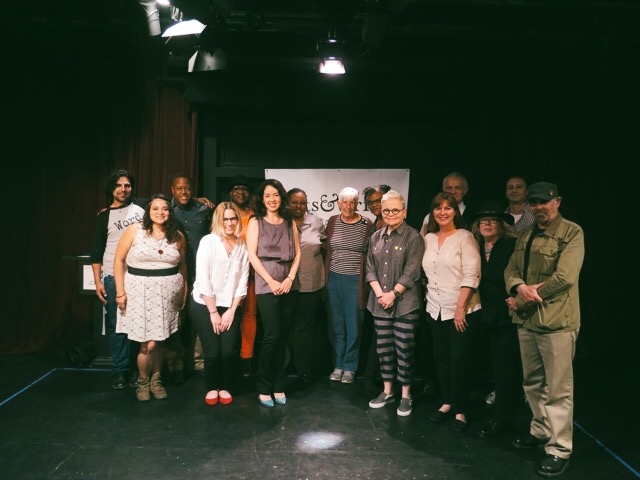
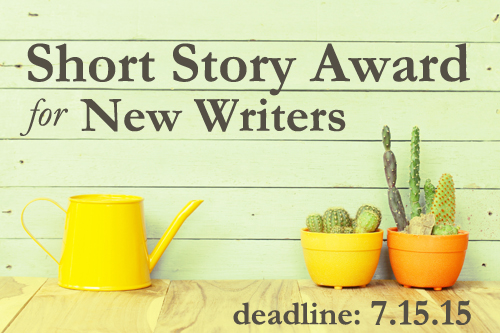
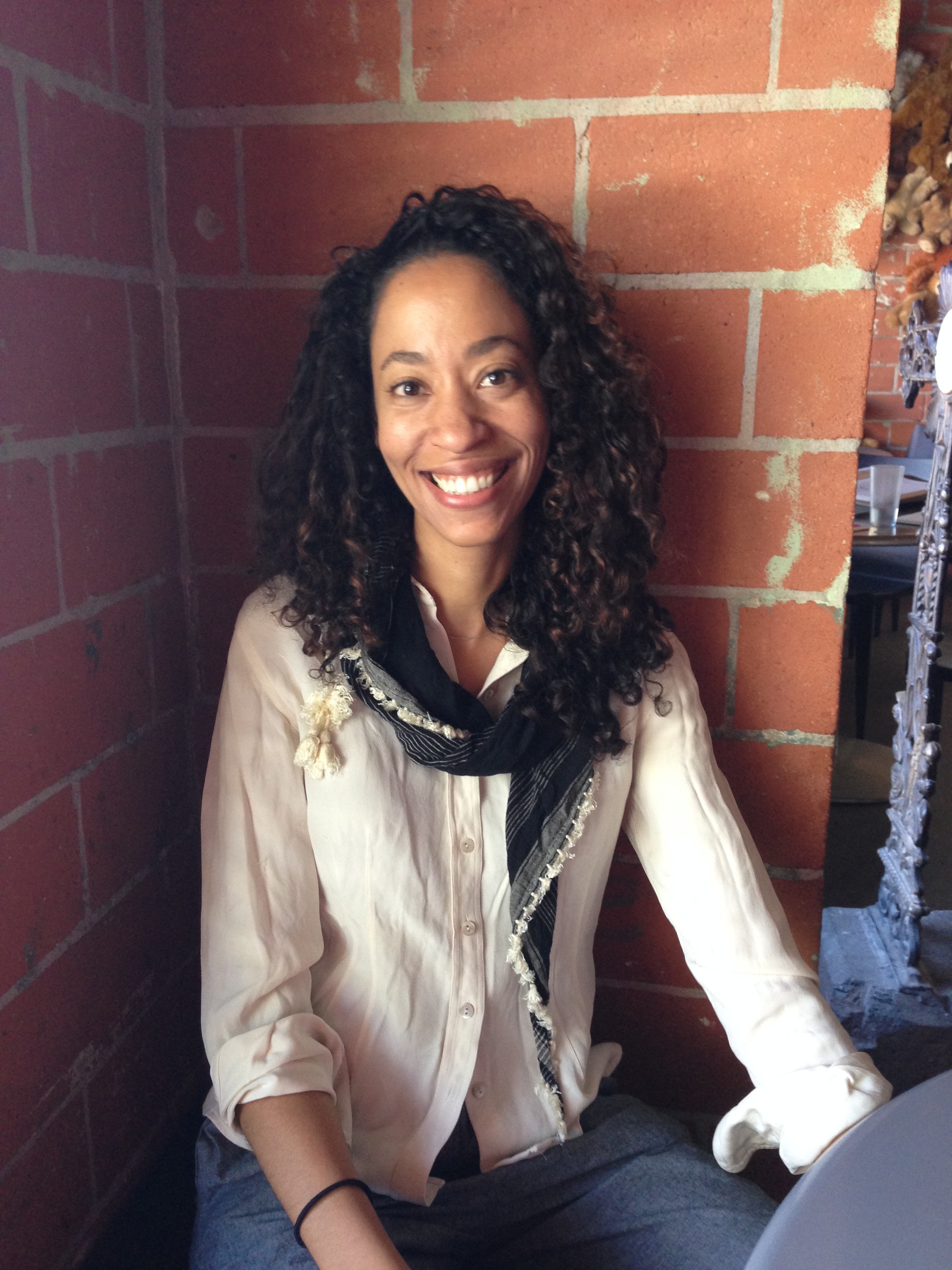 Some of the best advice I’ve heard about writing came from a high school guidance counselor. When seniors grew nervous about writing college essays, she calmed them down by saying their job was simply to: “Tell a story. Tell a story only you can tell. Tell it in your own voice.” In her view, if the college essay met those three criteria, the student had investigated their life and experience enough to say something unique, something that mattered to them and would be more likely to matter to admissions officers combing through hundreds of personal narratives.
Some of the best advice I’ve heard about writing came from a high school guidance counselor. When seniors grew nervous about writing college essays, she calmed them down by saying their job was simply to: “Tell a story. Tell a story only you can tell. Tell it in your own voice.” In her view, if the college essay met those three criteria, the student had investigated their life and experience enough to say something unique, something that mattered to them and would be more likely to matter to admissions officers combing through hundreds of personal narratives. 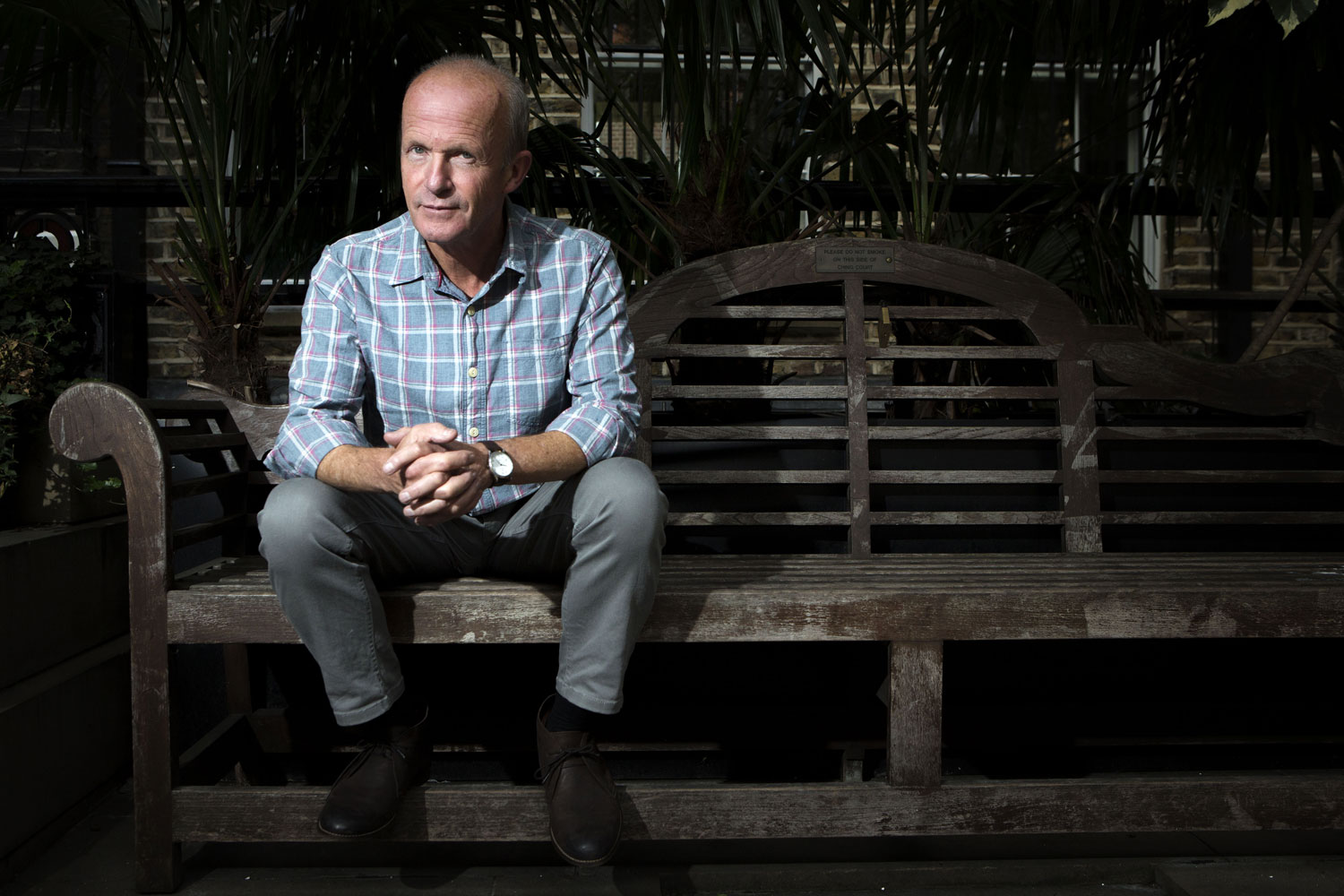
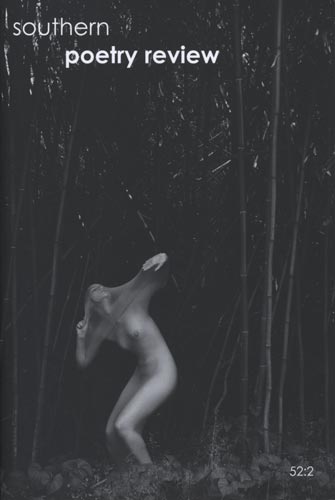 Submit three to five poems totaling no more than ten pages with a $20 entry fee, which includes a one-year subscription to Southern Poetry Review, by June 15. Submissions can be made via the
Submit three to five poems totaling no more than ten pages with a $20 entry fee, which includes a one-year subscription to Southern Poetry Review, by June 15. Submissions can be made via the 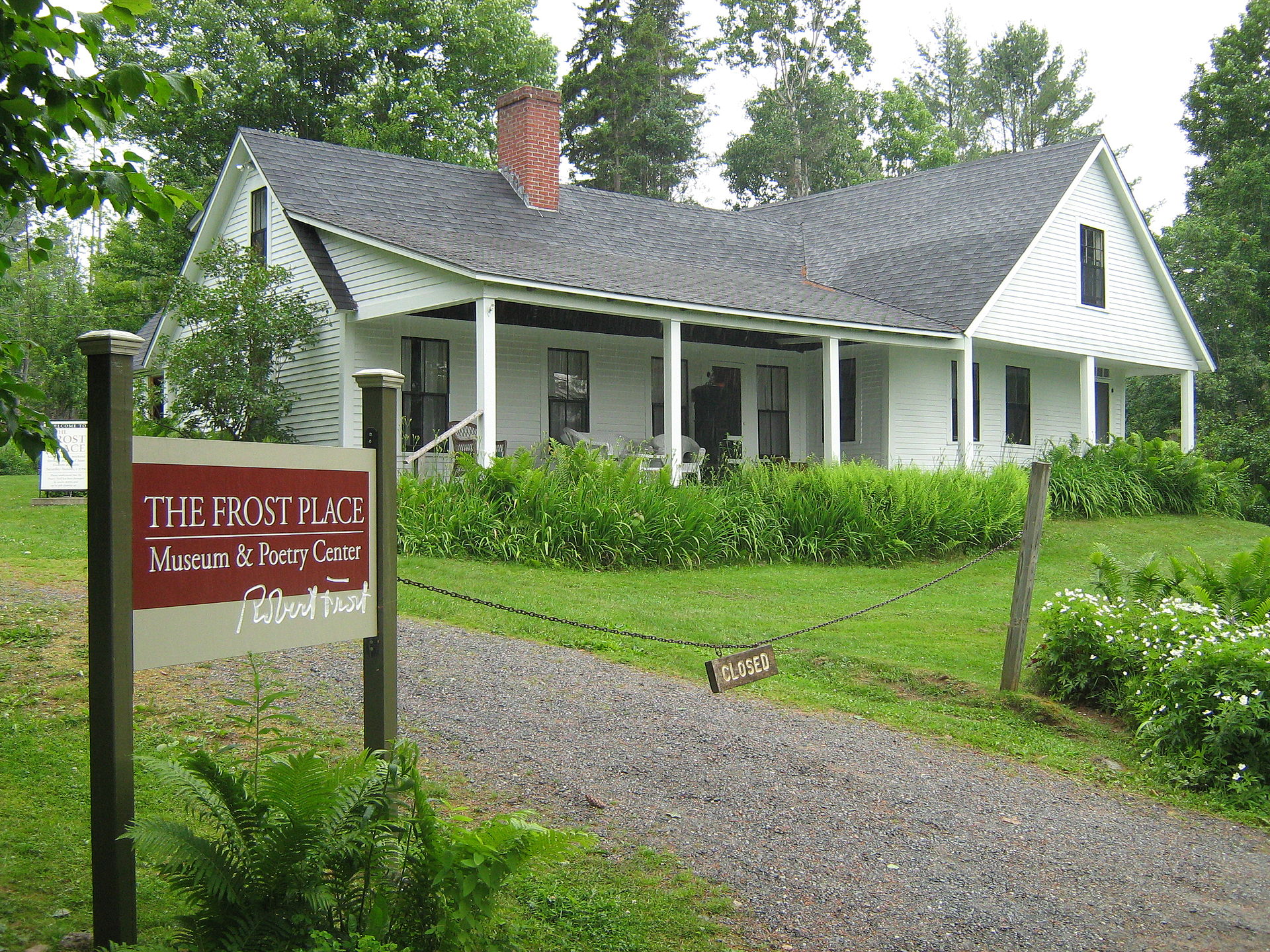 Poets who self-identify as Latin@, have a strong commitment to the Latin@ community, and are at least 21 years old are eligible to apply. Submit three to five poems of any length with the
Poets who self-identify as Latin@, have a strong commitment to the Latin@ community, and are at least 21 years old are eligible to apply. Submit three to five poems of any length with the  Submit three copies of a published book of fiction, a cover letter, and a curriculum vitae by June 15. There is no application fee. Submissions can be made via postal mail to P.O. Box 5000, Bard College, Annandale-on-Hudson, NY 12504. Visit the website for complete guidelines.
Submit three copies of a published book of fiction, a cover letter, and a curriculum vitae by June 15. There is no application fee. Submissions can be made via postal mail to P.O. Box 5000, Bard College, Annandale-on-Hudson, NY 12504. Visit the website for complete guidelines.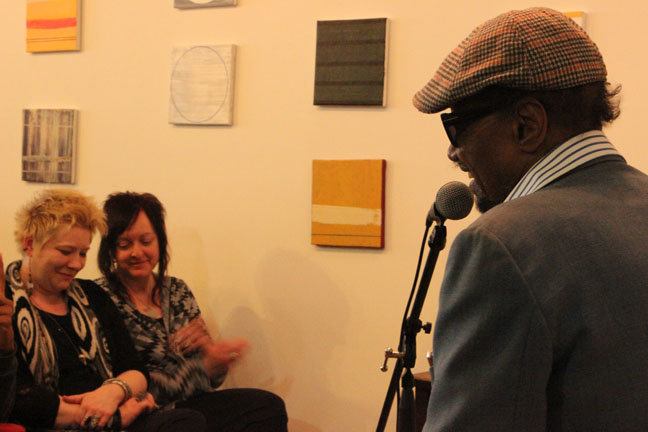
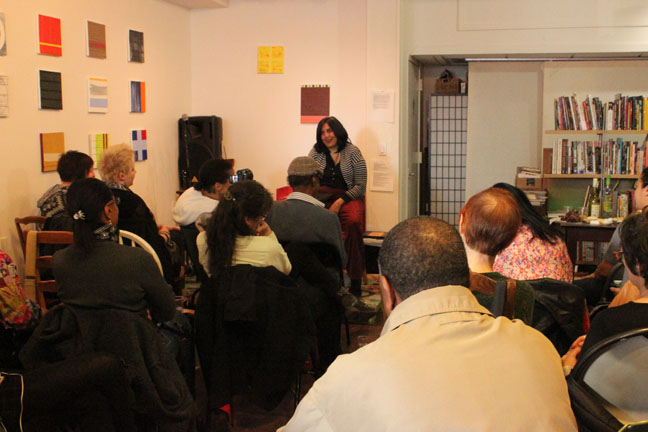
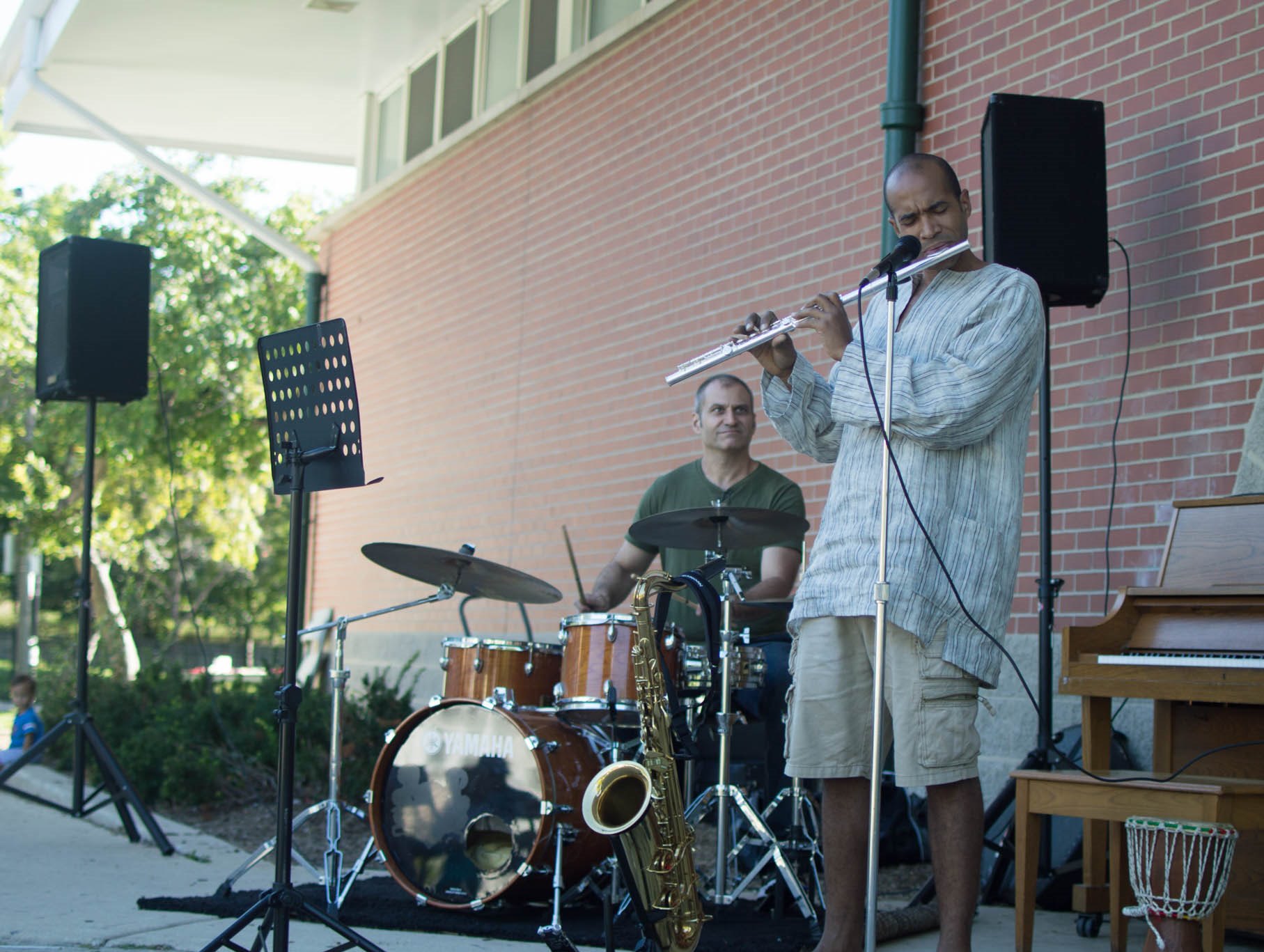
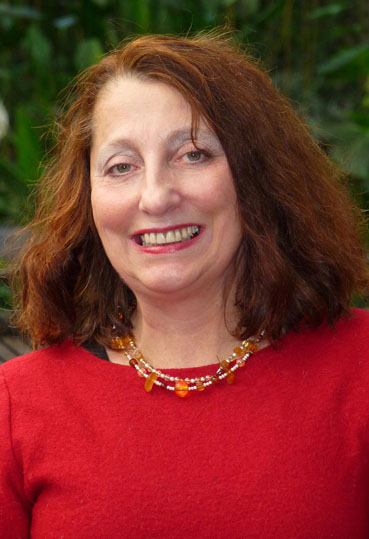
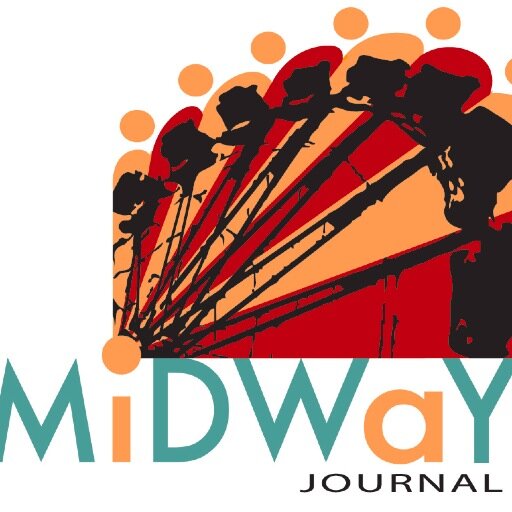
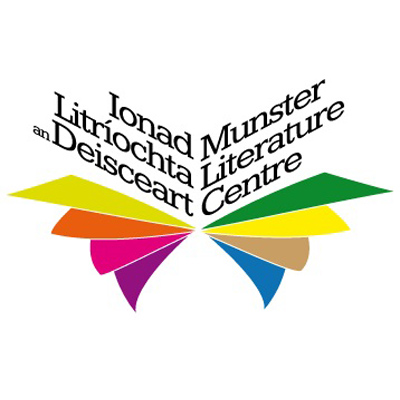 One runner-up will receive €500 (approximately $545); both first- and second-place winners will receive fifty copies of their chapbooks. The winning chapbooks will be nominated for the U.K. Forward Prize for best poem and anthology, and winners will be invited to read their work at the 2016 Cork Spring Poetry Festival. The deadline to enter is May 31.
One runner-up will receive €500 (approximately $545); both first- and second-place winners will receive fifty copies of their chapbooks. The winning chapbooks will be nominated for the U.K. Forward Prize for best poem and anthology, and winners will be invited to read their work at the 2016 Cork Spring Poetry Festival. The deadline to enter is May 31.